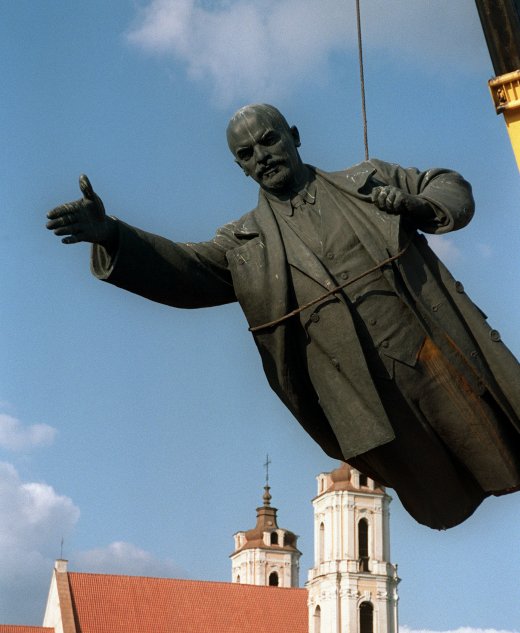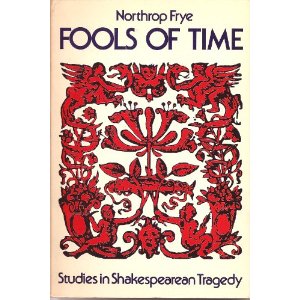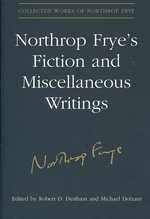
As readers of this blog likely know, the Centre for Comparative Literature hosts an annual conference organised by the students of Comparative Literature. This year’s theme is Iconoclasm: the Breaking and Making of Images and it has thus far been sponsored by the Centre for Comparative Literature, the Jackman Humanities Institute, Latin American Studies, and the Northrop Frye Professorship in Literary Theory. I would like to encourage readers of this blog to consider submitting an abstract to the conference (deadline September 10, 2010); the Call for Papers appears below the cut. The conference organisers are hoping that this year’s conference will, once again, be an incredible success and highlight the continued importance of the Centre for Comparative Literature.
The 22nd annual conference of the Centre for Comparative Literature at the University of Toronto in March 2011 will focus on the idea of Iconoclasm, the breaking of images and the making of icons.
The word “iconoclasm” is weighted with a long history of religious significance, from the Byzantine war on religious icons of the 8th- and 9th-centuries and the Protestant reformation in the 16th century, to the Taliban’s destruction of the Buddhas of Bamyan in the 21st century. But the idea of destroying or defacing images, especially images that convey aspects of cultural dominance or, conversely, pose a threat to that dominance, is as often political as religious: think of the Chinese Cultural Revolution or graffiti moustaches. Political iconoclasm, unlike religious iconoclasm, does not object to representation as such but rather to certain images that have been granted the status of icons. However, any act of desecrating symbols of authority itself often takes on iconic status: take, for example, photos of the pulling down of statues from Romania to Iraq.
Iconoclasm need not be visual and material and can also take abstract and intellectual forms. Subversive, transgressive, blasphemous writing is also iconoclastic in inspiration and function. Moreover, the power associated with images in general and iconic images in particular has often inspired writers to subdue the power of images or to wrest it for themselves. The ekphrastic contest between literature, or verbal representation, and images, or visual representation, is very often iconoclastic in nature.
Contemporary media culture floods us with images and alters their impact, creating ever more sophisticated organized cults around them, such as celebrity, high art, advertising, the news, etc. Just as the word “icon” has acquired new meanings, ranging from signs for computer applications to logos and celebrity, so, too, iconoclasm, the urge to deface, destroy, or alter images, takes on wholly new meanings.
We wish to examine a wide range of iconoclastic moments in order to understand the political, ethical, and aesthetic stakes involved in challenging the signifying power of the iconic image. Is there a tradition of iconoclasm or is the modern icon and thus modern iconoclasm something new? Is iconoclasm even possible, or does it always participate in the forces of iconicity, creating, in effect, iconoclastic icons? Subjects that are of interest to us include but are in no way limited to:
Continue reading →



